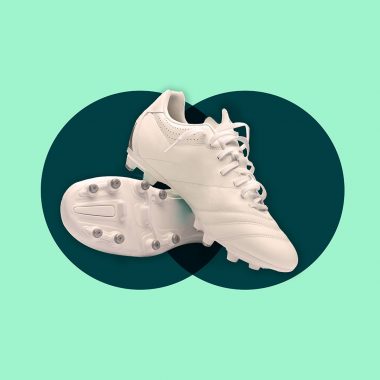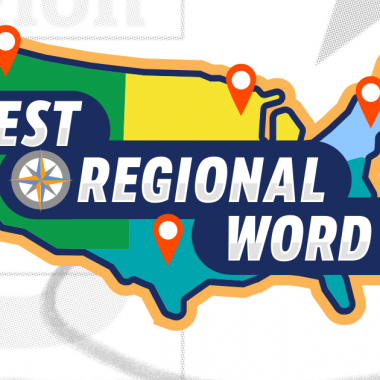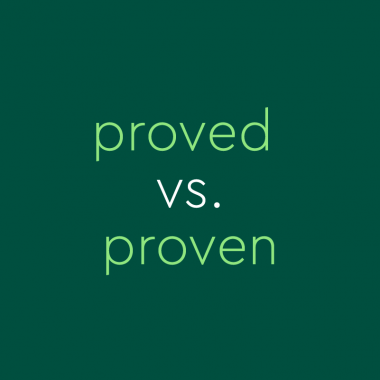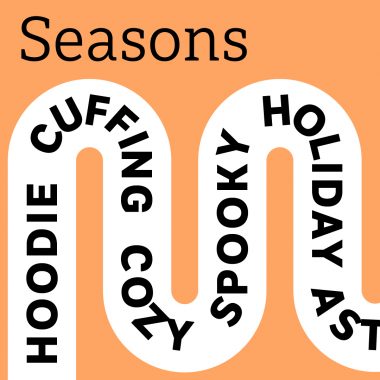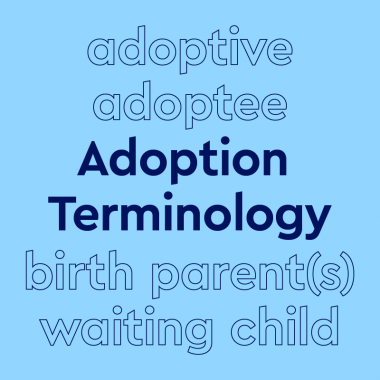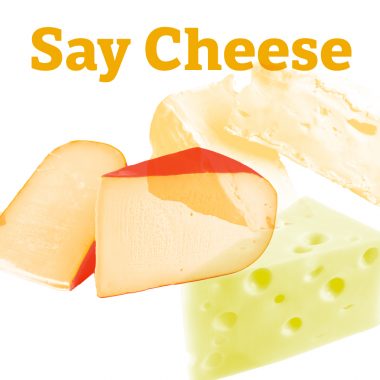Surprise! You Can’t Use These English Words In The UK
As you likely know, English is spoken all over the world. At the same time, there are many different types of English, such as American English, British English, and Australian English. Regardless of whether you live in Chicago, London, Toronto, or Sydney, many English words exist everywhere with the same meaning. However, there are quite a few words used by Americans and Canadians that aren’t …
